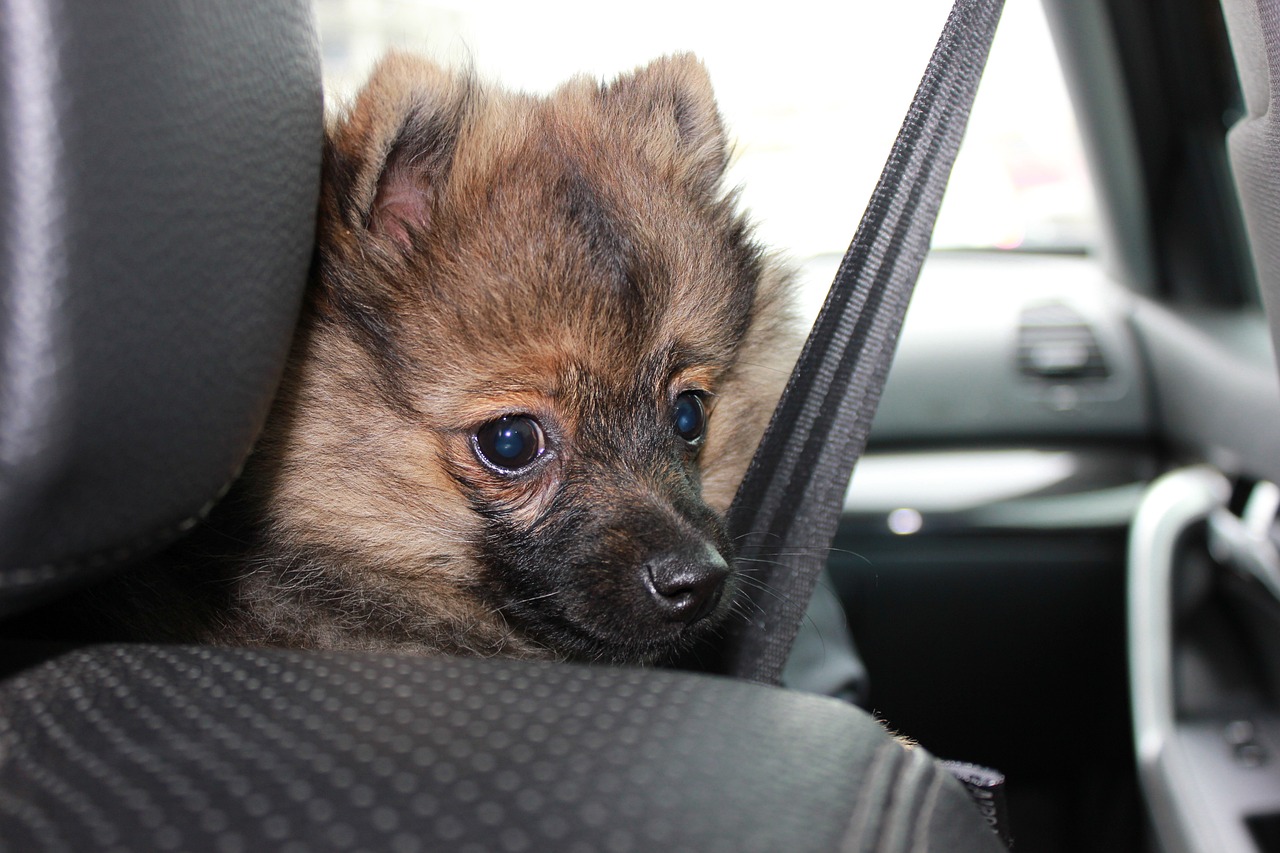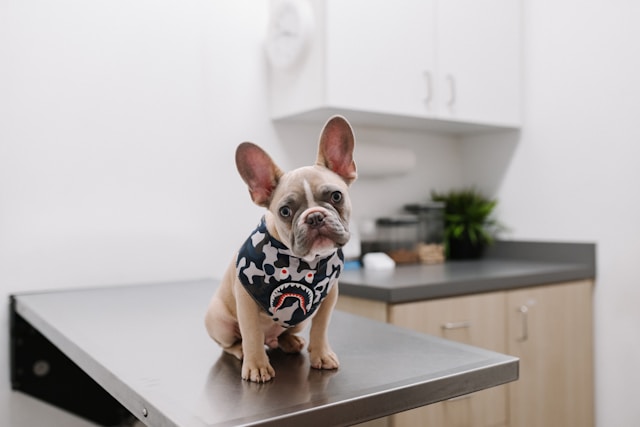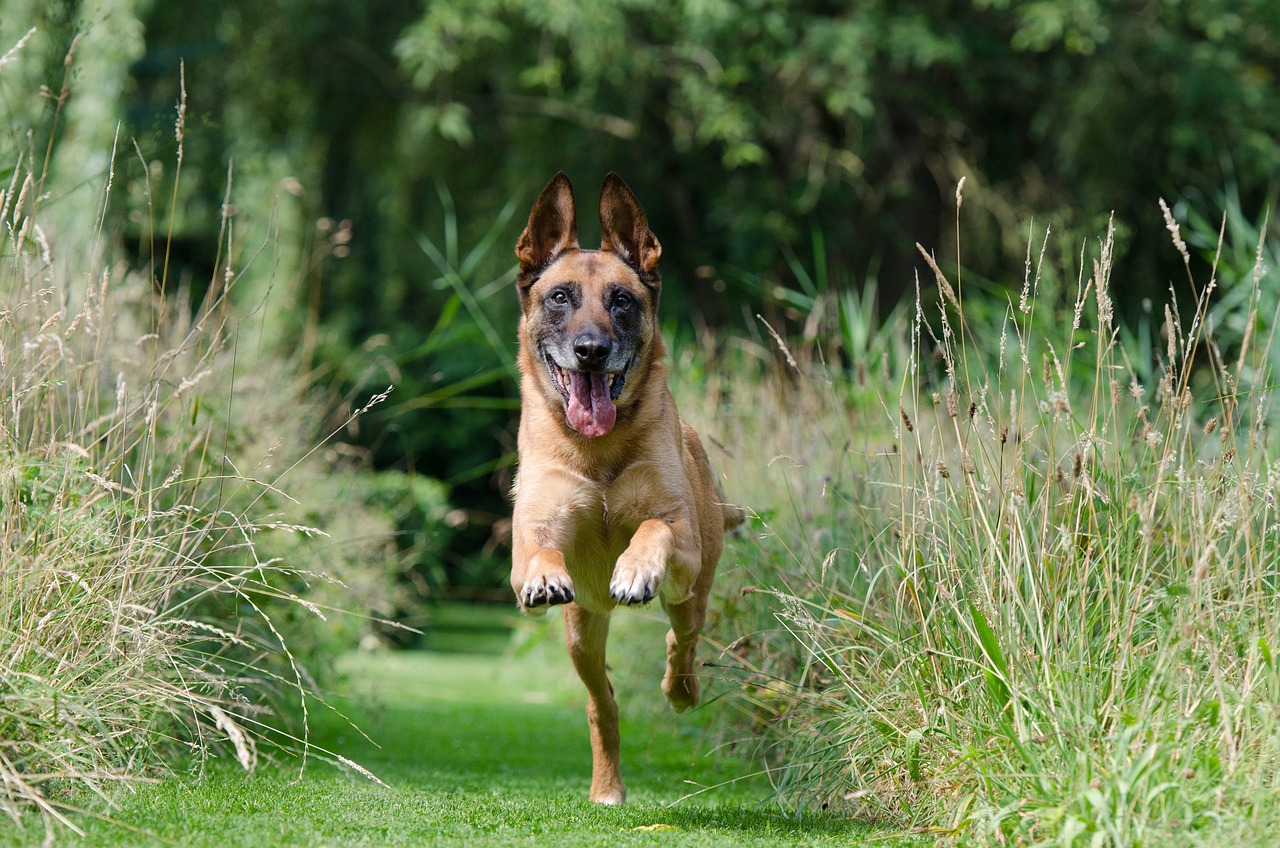Onions and Your Pets: Unveiling a Hidden Threat

Peeling Back the Dangers
Onions are a culinary favorite for many, finding their way into various dishes we humans savor. Yet, it's crucial to recognize that while onions may tantalize our taste buds, they pose a severe threat to our cherished pets.
Onions contain compounds known as disulfides and thiosulphates that, if ingested, can be toxic to both cats and dogs. This ingestion leads to the onset of conditions like hemolytic anemia, Heinz body anemia, and methemoglobinemia, all indicative of red blood cell damage. Essentially, the compounds in onions render your pet's red blood cells exceptionally fragile, causing them to rupture.
Symptoms of this condition encompass early vomiting, diarrhea, and signs of anemia, such as breathlessness, lethargy, pale or jaundiced gums, accelerated breathing, and an elevated heart rate. Your pet may also experience abdominal discomfort and the passing of discolored urine. While vomiting and diarrhea may manifest within a day, it can take several days to a week after onion ingestion for anemia symptoms to surface.
Are All Onions Hazardous to Pets?
Every variety of onion, whether cooked, raw, or freeze-dried, poses a peril to your pet. Even a small quantity of onions can be toxic to cats and dogs, with cats exhibiting greater sensitivity to onion-related effects than dogs. Moreover, Japanese dog breeds, such as Akita, Shiba Inu, and Japanese Chin, may be genetically susceptible to onion toxicity.
Consuming as little as 5 grams of onions per kilogram of body weight in cats or 15 to 30 grams per kilogram in dogs has been documented to result in substantial red blood cell harm. Notably, the onset of onion toxicity is consistent in animals that ingest more than 0.5% of their body weight in onions at once.
Foods to Be Mindful Of
Onions are a common ingredient in numerous human dishes, even in foods that might not strike you as a risk to your pet. Always verify that these foods are devoid of any onion content before allowing your pet to partake:
-
Pizza
-
Tomato sauce
-
Chinese cuisine
-
Certain baby foods
Symptoms of Onion Poisioning
Indications of onion, garlic, or leek ingestion can manifest within 24 hours but may more commonly appear after a few days. These symptoms can include:
-
Vomiting
-
Diarrhea
-
Abdominal discomfort
-
Reduced appetite
-
Dehydration
Onion and garlic poisoning can also lead to anemia, characterized by symptoms like difficulty breathing and lethargy, which may emerge 1-5 days following the ingestion of these items. In rare instances, it can even result in seizures.
Diagnosis of Onion Poisoning
Diagnosing the condition is typically based on observed symptoms or a confirmed history of your dog consuming onions, leeks, or garlic. Urine and blood tests may also be conducted to assess the situation further.
Treatment of Onion Poisoning
If ingestion occurs within the last four hours, your vet will likely administer an injection to induce vomiting. It's crucial not to attempt this at home.
Activated charcoal may be given to help absorb any remaining toxins in the stomach.
Your dog might require intravenous (IV) fluids to maintain hydration and may be supervised in the hospital.
Treatment for specific symptoms, such as medications to alleviate vomiting or seizures, could also be administered.
Blood tests may be necessary to assess potential anemia.
With appropriate treatment, most dogs recover successfully. Severe, long-lasting complications or fatalities due to onion, garlic, or leek poisoning are exceedingly rare.
When to Consult Your Vet
You should seek prompt veterinary assistance if you witness your dog consuming onions, garlic, or leeks or observing any concerning symptoms. You can also contact the Animal Poisoning Line for guidance and advice.
Get insurance plans with wide-ranging coverage options













